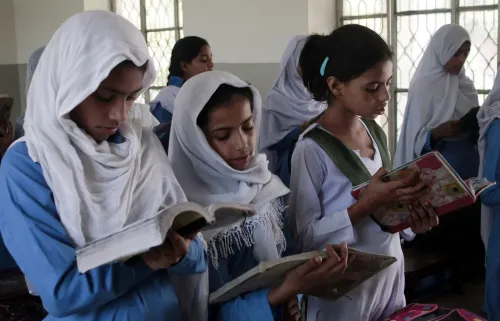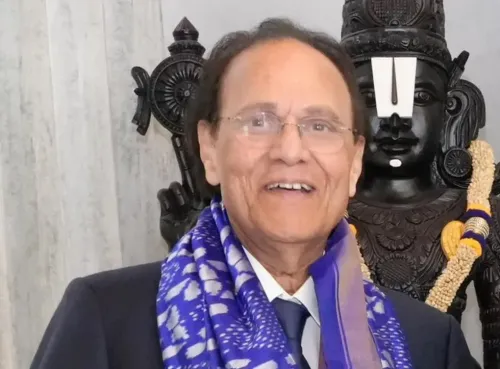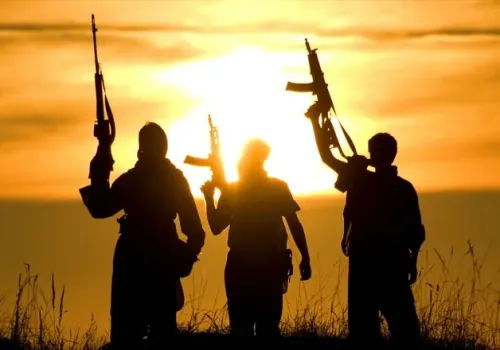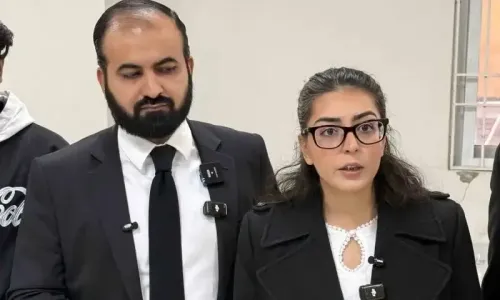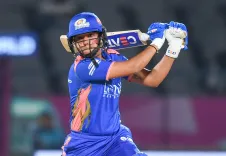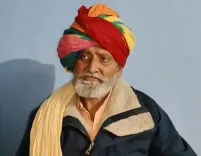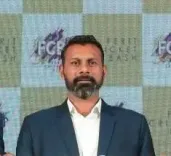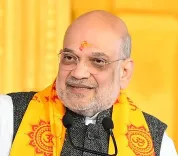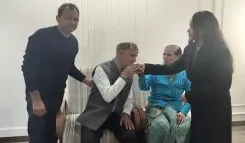Will Russia-Ukraine Peace Talks in Istanbul Bridge Differences?
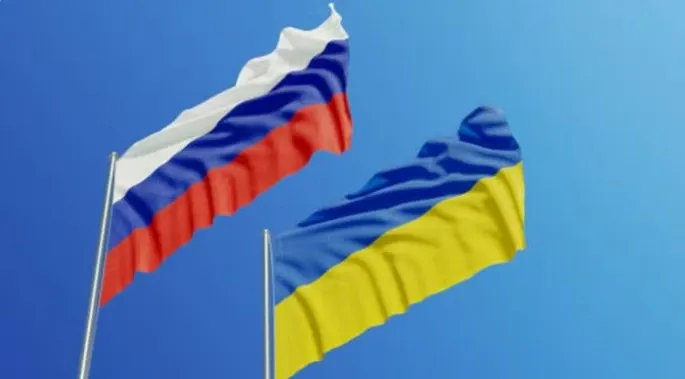
Synopsis
Key Takeaways
- Ukrainian delegation will attend talks in Istanbul.
- Zelensky expresses doubts about Moscow's intentions.
- Russia and Ukraine both show willingness for a ceasefire.
- Talks aim to address fundamental causes of the conflict.
- Last direct talks failed to achieve a ceasefire.
Ankara/Istanbul, May 16 (NationPress) Ukrainian President Volodymyr Zelensky announced that a Ukrainian delegation will participate in the forthcoming peace discussions in Istanbul, emphasizing a commitment to resolving the conflict with Russia. However, he confirmed he would not attend the negotiations in person.
Following discussions with Turkish President Recep Tayyip Erdogan at the Ukrainian embassy in Ankara, Zelensky informed the media that Ukraine is sending a delegation to Istanbul.
He reiterated Ukraine's commitment to dialogue, yet expressed skepticism about Moscow's intentions, as reported by Xinhua. Zelensky stated that Ukraine does not recognize any significant decision-makers among the Russian representatives attending the talks.
The Ukrainian delegation will be led by Defence Minister Rustem Umerov, which will include military and intelligence experts. Zelensky mentioned that Ukraine is awaiting confirmation from both Washington and Moscow regarding the precise schedule for the talks, anticipated to occur either Thursday or Friday.
Additionally, Zelensky indicated he is open to discussions if an unconditional ceasefire can be addressed at the leadership level.
On the Russian side, Vladimir Medinsky, head of the Russian delegation and a senior aide to President Vladimir Putin, stated that his team possesses the necessary expertise to conduct negotiations and aims to discover potential solutions and common ground through a constructive approach.
Speaking outside the Russian consulate in Istanbul, Medinsky described the upcoming negotiations as a continuation of the peace process disrupted in 2022, asserting that the goal is to achieve lasting peace by addressing the fundamental causes of the conflict.
After a NATO foreign ministers' meeting in Turkey's Antalya, Turkish Foreign Minister Hakan Fidan remarked that both Russia and Ukraine have shown a willingness for a ceasefire. However, their conditions differ: Ukraine seeks an immediate and unconditional ceasefire, while Russia emphasizes the need for certain modalities to be understood and agreed upon first.
Fidan mentioned that the negotiations have progressed to a certain extent, encouraging both parties to make concessions and move towards establishing a shared peace.
U.S. Secretary of State Marco Rubio, present at the NATO meeting, expressed Washington's support for a negotiated settlement. “We will see what happens over the next couple of days in that regard, but we want to see progress,” he stated.
The Istanbul talks are a result of a proposal by Putin to resume direct discussions with Ukraine. Previously, Zelensky had expressed his willingness for a face-to-face meeting with the Russian president, although the Kremlin has indicated that Putin will not participate in these talks.
The last direct talks between Ukraine and Russia were held in Istanbul in March 2022, which ended without an agreement to cease hostilities.


